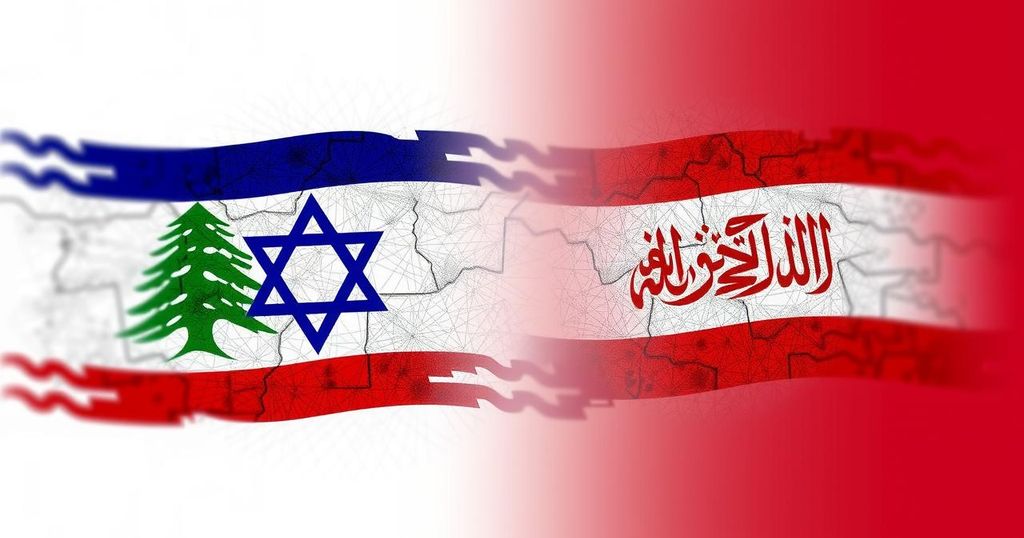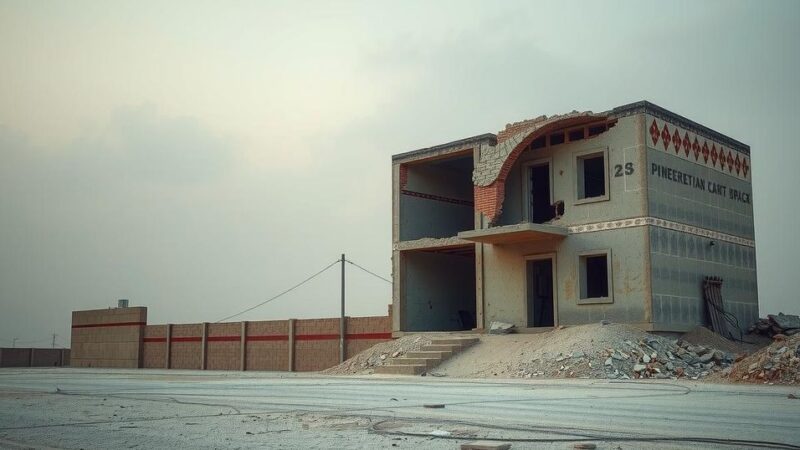Israeli Foreign Minister Israel Katz has indicated that Lebanon might consider normalizing relations with Israel if Saudi Arabia establishes ties with Tel Aviv. This claim highlights the interconnectedness of regional diplomacy amid ongoing conflicts. The discussions are further complicated by the stalled normalization talks due to the Palestinian situation and the need for effective UN peacekeeping in Lebanon, particularly against Hezbollah. Katz also emphasized potential changes to UNIFIL’s mandate in future negotiations.
During a recent meeting with the Italian Foreign Minister, Antonio Tiani, Israel’s Foreign Minister Israel Katz suggested that Lebanon might normalize relations with Israel should an agreement be reached between Tel Aviv and Riyadh. Katz stated, “Lebanon could become part of the circle of normalization with Israel if normalization with the Kingdom of Saudi Arabia is achieved,” although the specifics of such a development remain uncertain. Lebanon currently does not recognize Israel, and a state of war technically persists between the two nations. The United States has been mediating discussions aimed at establishing ties between Saudi Arabia and Israel. In exchange for this normalization, the U.S. reportedly offered to enter into a security pact with Saudi Arabia. However, these discussions have been stalled since the resurgence of conflict in Gaza last year, with Saudi Arabia asserting that ties cannot be formed unless the Palestinian issue is resolved—a demand Israel’s current far-right government is unwilling to meet. Minister Tiani remarked that “Italy will not recognize the Palestinian state without an agreement with Israel,” emphasizing the complexities surrounding Palestinian recognition given the current geopolitical context, particularly in light of Hamas’s status as a terrorist organization. Furthermore, Katz expressed Israel’s desire to involve the UN peacekeeping force in south Lebanon, known as UNIFIL, in future negotiations. He underscored the necessity for this force to be more effective against Hezbollah, particularly after an escalation of hostilities that resulted in significant casualties. Israel has conducted airstrikes in southern Lebanon, leading to a significant number of civilian deaths, which has drawn condemnation from Italy and France, nations contributing to the UNIFIL mission. Following their meeting, Katz conveyed on social media, “We discussed the necessary changes to UNIFIL’s mandate to make it more effective in confronting Hezbollah,” indicating a push for alterations to UN Resolution 1701 that could enhance UNIFIL’s operational capacity—something the Lebanese government has articulated could infringe upon its sovereignty.
The relationship between Lebanon and Israel has historically been fraught with tension, characterized by a state of war that has persisted since Israel’s creation in 1948. Lebanon’s refusal to recognize Israel is largely intertwined with the broader Arab-Israeli conflict and the plight of Palestinians. The possibility of normalization with Israel hinges on regional diplomacy, particularly involving Saudi Arabia—a key player in Arab politics. Recent efforts by the U.S. to mediate normalization talks have been complicated by ongoing conflicts, including tensions in Gaza and internal dynamics within Palestinian factions, particularly Hamas. The role of peacekeeping forces, such as UNIFIL, is also central to discussions about stability in southern Lebanon, especially given the recent increase in hostilities involving Hezbollah. The legal and political implications of recognizing Palestine are also pivotal as various nations navigate their positions amid calls for Palestinian statehood versus the realities of the current geopolitical climate.
In conclusion, the normalization of relations between Lebanon and Israel could be contingent upon Saudi Arabia’s engagement with Israel, as suggested by Israeli Foreign Minister Israel Katz. The complexities arising from the Palestinian issue remain a significant barrier. Additionally, the situation in Lebanon, particularly concerning Hezbollah and UNIFIL’s role, suggests that any agreements must navigate sensitive sovereignty and security concerns. As diplomacy continues amidst heightened conflict, the future of normalization remains unclear and dependent on further negotiations.
Original Source: www.newarab.com






